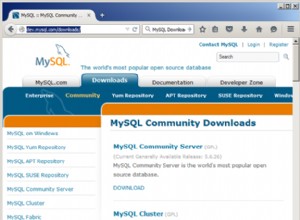Usar o objeto PDO tornaria isso mais fácil, mysql_ é legado de qualquer maneira:
$db = new PDO($hostname,$username,$password);
$qry = "INSERT INTO table (
Date,
FirstName,
LastName,
StraightHours,
OvertimeHours,
PremiumHours,
TotalHours,
PerDiem
)
VALUES (:date, :firstname, :lastname, :straighthours, :overtimehours, :premiumhours, :totalhours, :perdiem)"; // colon variables will be bound to actual variable
$statement = $db->prepare($query); //prevents injection
// binds variables to place holder in query
$statement->bindValue(':firstname', $firstname);
$statement->bindValue(':lastname', $lastname);
$statement->bindValue(':straighthours', $straighthours);
$statement->bindValue(':overtimehours', $overtimehours);
$statement->bindValue(':premiumhours', $premiumhours);
$statement->bindValue(':totalhours', $totalhours);
$statement->bindValue(':perdiem', $perdiem);
$statement->execute();
$statement->closeCursor();
você pode fazer mais verificações de entrada com php antes de passar qualquer coisa para o sql via:
trim(strip_tags(htmlentities($firstname)));
PDO é muito mais simples de usar e entender IMO
ATUALIZAR:
tutoriais sobre PDO
ATUALIZAÇÃO #2:
Para funcionalidade adicional com matrizes por dia, você pode fazer:
<input type="text" name="firstname1">
// do this for all fields then
$workingday1 = array();
$workingday1['firstname'] = $_GET['firstname1'];
// etc. for all the other fields
Então você pode acessar o campo por:
$workingday1 = $_GET['workingDay1']; // or post or however you want to pass it
$firstname = $workingday['firstname'];
Depois disso, você pode podar seu banco de dados como quiser. Você pode ter uma única tabela com todos os valores e editar suas seleções para exibir por funcionário ou dia ou w/e. Você também pode ter uma tabela para cada funcionário e, em seguida, pegar essas tabelas e exibir os dados como quiser.




